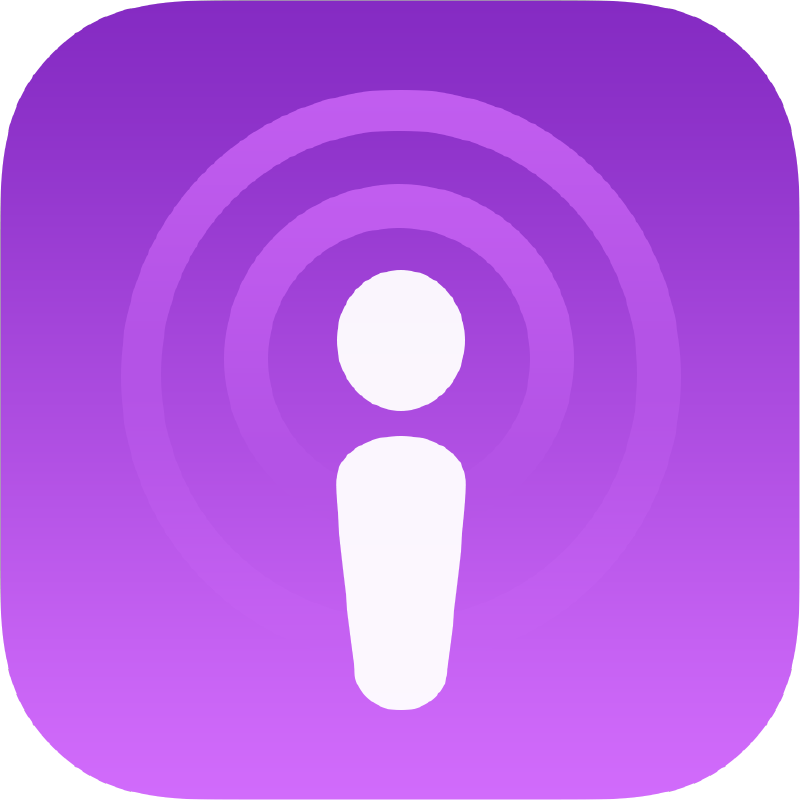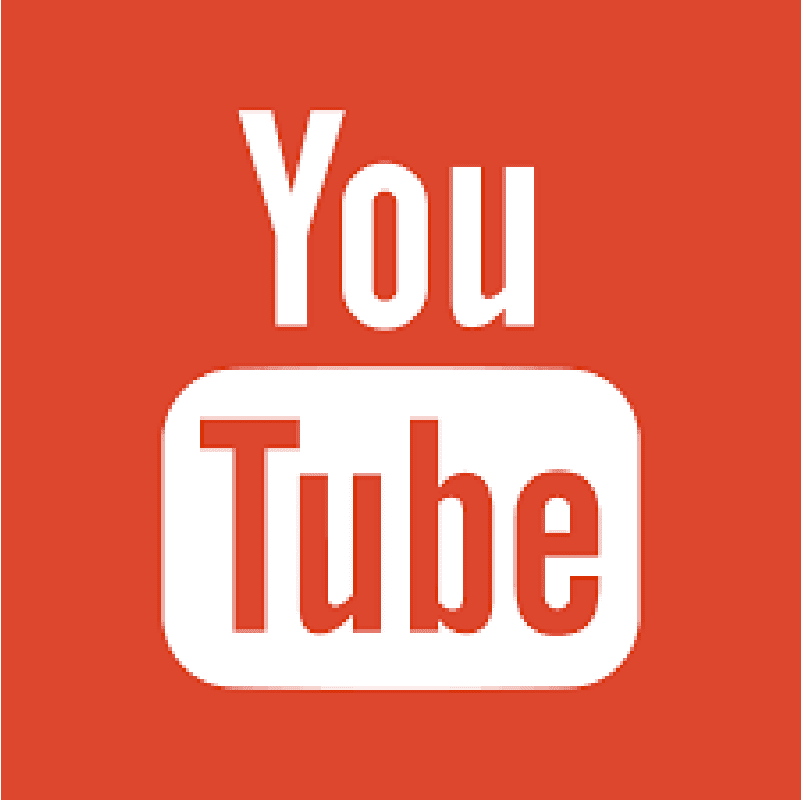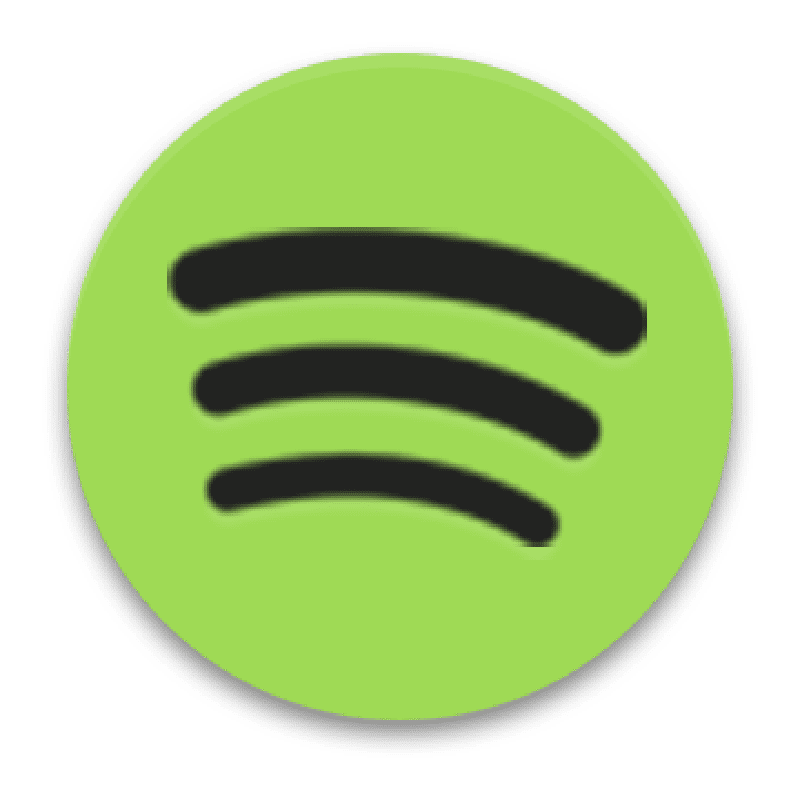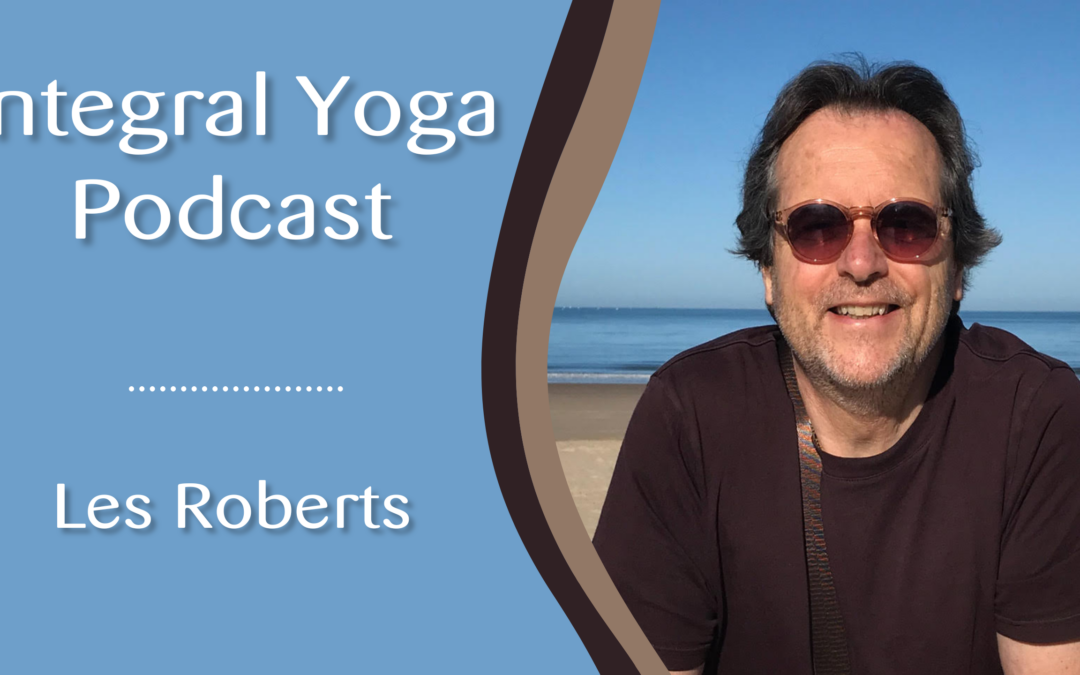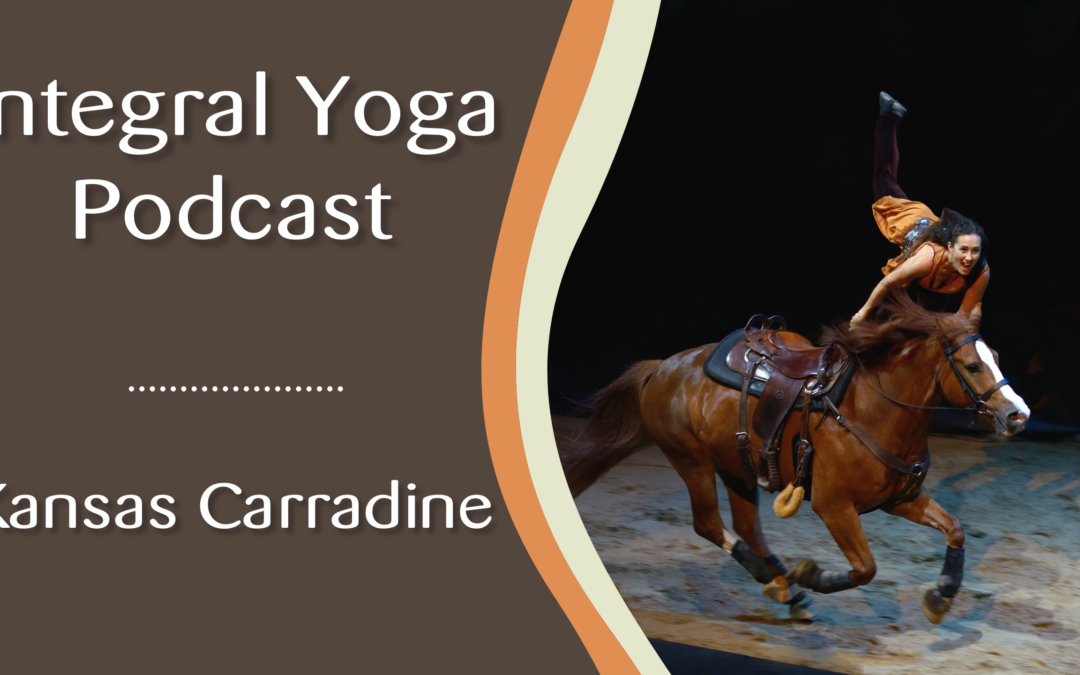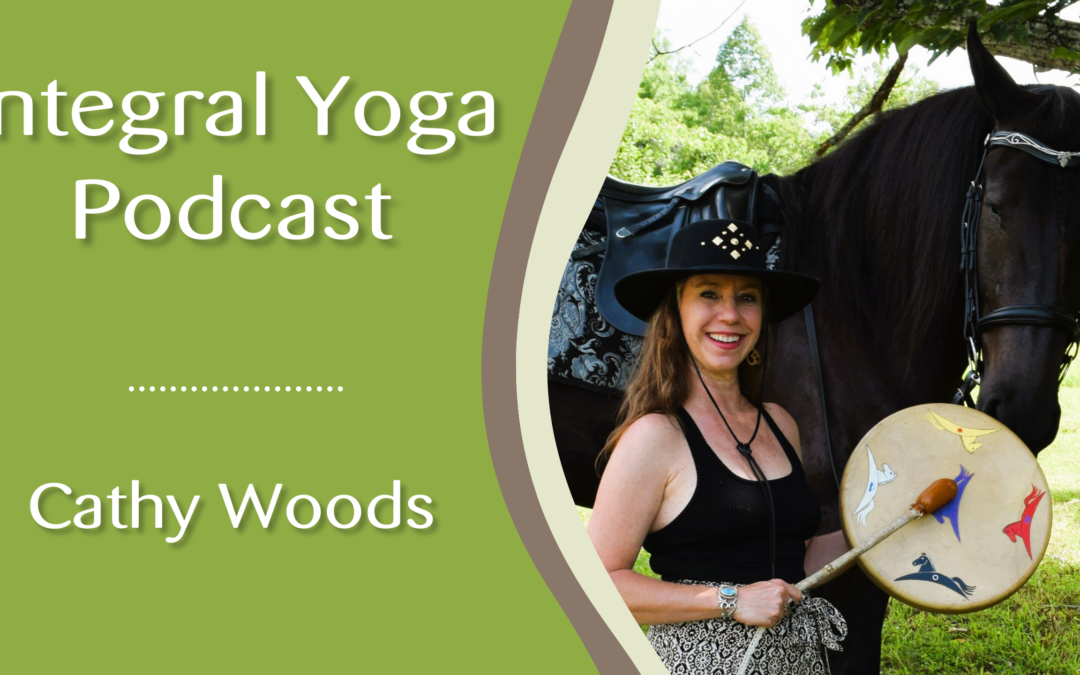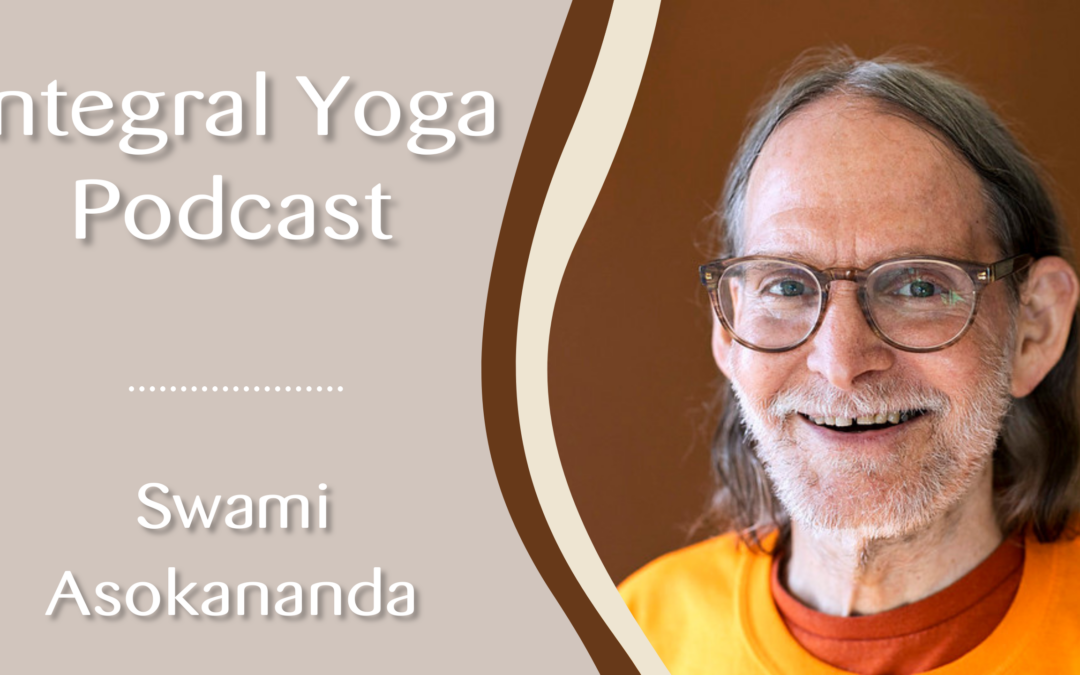Daniel Scruggs shares his mission with Peace Culture Music, focusing on educating and inspiring through rare musical instruments and artifacts. He reflects on his personal journey, including struggles with dysgraphia and attention issues, which fueled his passion for music and culture. The conversation emphasizes the importance of embracing uniqueness, connecting with ancestors through music, and fostering curiosity and wonder in life.
Daniel Scruggs is a world citizen, professional musician and experienced educator who is on a mission to educate, inspire and unite. He has traveled extensively throughout the United States and internationally as a student and educator of human cultures and global music making traditions.
These journeys have provided him opportunities for learning immersion in twenty four countries throughout five continents. Throughout his travels, Daniel has collected hundreds of rare musical instruments, as well as cultural artifacts, curiosities and unique geological wonders from around the world. This collection forms the basis of his interactive educational programs.
Daniel spent eight years in formal music studies and performance with the prestigious Colonial Williamsburg Fife and Drum Corps, earning a foundation in rudimental drumming and marching. Upon graduation from the corps he continued formal music studies in percussion at the College of Charleston in South Carolina and Arabic Language immersion in Sana’a Yemen. Daniel earned a Bachelor’s degree in Sociology from Virginia Commonwealth University in Richmond, Virginia.
Daniel’s interest in peace studies, culture and specialized learning methods led him to embrace the Montessori method of education. He has shared his one-of-a-kind cultural education programs in pre-schools, grade schools, colleges, hospitals, retirement communities, with students with special needs and learning disabilities, refugees from war torn countries, combat veterans, on two Native American reservations and with hundreds of educators and thousands of children throughout seven countries.
He has created and led workshops for teachers and students in the United States, Canada, Egypt, Ghana, Cuba, and Ethiopia. Many of these interactive adventures feature professional “djembe” style drums for everyone to play.

